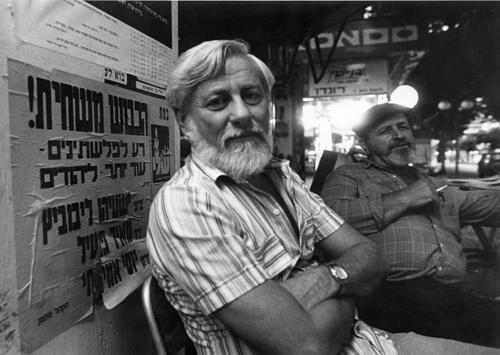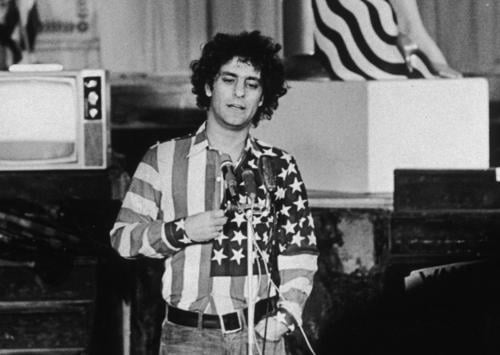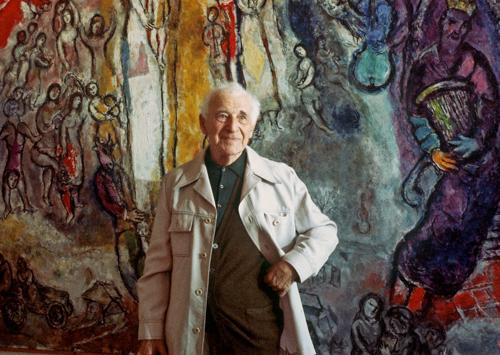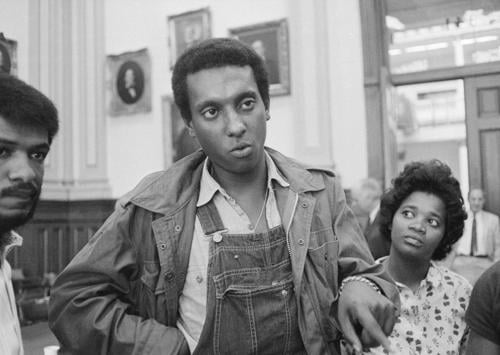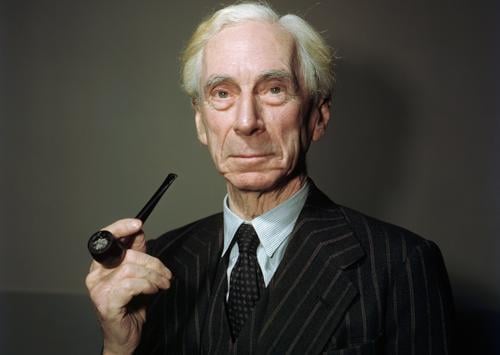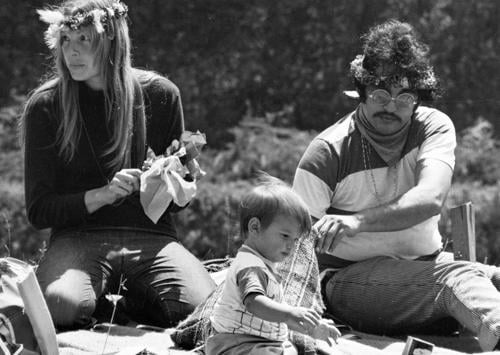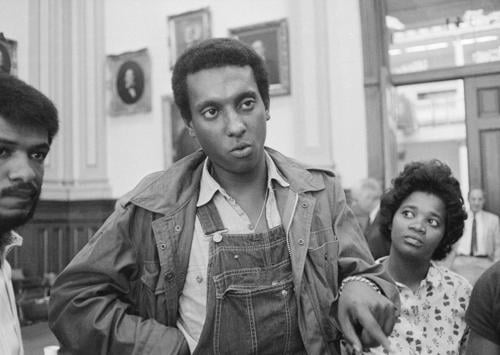Listen to New Voices on Studs Terkel our partnership with 826CHI-here! Read the Story
Showing 1 - 15 of 137 results
-
William Ury discusses his book "Getting to yes"
Oct. 13, 1981 Discussing the book "Getting to yes: negotiating agreement without giving in" with William Ury.
-
Uri Davis discusses the Arab-Israeli conflict ; part 2
Uris Davis, academic and pacifist, discusses political tension during the Arab-Israeli conflict and his views of pacifism in relation. Includes an interview with author Ronald Fair who discusses crime, urban life, and race relations. Content Warning: This conversation has the presence of outdated, biased, offensive language. Rather than remove this content, we present it in the context of twentieth-century social history to acknowledge and learn from its impact and to inspire awareness and discussion.
-
Uri Davis discusses the Arab-Israeli conflict ; part 1
Uris Davis, academic and pacifist, discusses political tension during the Arab-Israeli conflict and his views of pacifism in relation. Content Warning: This conversation has the presence of outdated, biased, offensive language. Rather than remove this content, we present it in the context of twentieth-century social history to acknowledge and learn from its impact and to inspire awareness and discussion.
-
Uri Avnery discusses Israeli politics
Oct. 9, 1970 Uri Avnery discusses his book "Israel Without Zionists: A plea for peace in the middle east". Mr Avnery talks of his early life in Germany, and their move to Israel at the beginning of World War II. The discussion revolves around politics and the need for peace in the Middle East specifically Israel/Palestine. Song "Turn, Turn, Turn".
-
Tribute to Abbie Hoffman who committed suicide in April 1989
Apr. 19, 1989 Tribute to Abbie Hoffman
-
Tim Pat Coogan discusses his book "The IRA: A History"
Dec. 1, 1993 Author and historian Tim Pat Coogan talks about the history, culture, and division of Ireland. Coogan tells the backstory and summary of his book, "The IRA: A History." Later, he gives an in-depth view of the history, politics, and religion of the IRA and gives some ideas on how to fix the problems.
-
Tim Pat Coogan discusses his book "The IRA: A History"
Dec. 1, 1993 Author and historian Tim Pat Coogan talks about the history, culture, and division of Ireland. Coogan tells the backstory and summary of his book, "The IRA: A History." Later, he gives an in-depth view of the history, politics, and religion of the IRA and gives some ideas on how to fix the problems.
-
Through an interpreter, Marc Chagall discusses his approach to art and his views on people
1970 Professor John Nef explained that Marc Chagall came from an environment of nothing. From his dreams, Chagall created joy in his pieces of art. Nef lets the audience know that Chagall said he still has a lot of unfinished artwork to complete. The 3rd and last part of this program is a colloquy. Again, through another translator, Chagall’s words are translated. Chagall said his life’s purpose is art. Chagall said any man could be a bad artist but that no man can be an artist unless he is in fact, a good man.
-
Through an interpreter, Marc Chagall discusses his approach to art and his views on people
1970 Professor John Nef explained that Marc Chagall came from an environment of nothing. From his dreams, Chagall created joy in his pieces of art. Nef lets the audience know that Chagall said he still has a lot of unfinished artwork to complete. The 3rd and last part of this program is a colloquy. Again, through another translator, Chagall’s words are translated. Marc and Valentina Chagall speak French.
-
Thich Nhat Hanh discusses poetry and Vietnam
Apr. 21, 1971 In an interview with Studs Terkel, Buddhist monk, peace activist, and poet Thich Nhat Hanh. The conversation focuses on the devastating effects of the Vietnam War; they discuss the loss of culture and poetry in Vietnam, the anti-war protestors in America and Vietnam, and the sadness and resignation of the Vietnamese. Thich Nhat Hanh talks about America’s role in the war, and his experiences campaigning for peace in the United States and speaking with U.S. anti-war veterans.
-
The Student Non-violent Coordinating Committee discusses the civil rights movement, protests, and jail with Studs Terkel
Sep. 1962 Terkel talks with Student Non-violent Coordinating Committee about the civil rights movement, protests, and jail.
-
Studs visits the Illinois Institute of Technology to view student work about Vietnam
May. 24, 1970 Interviewing guests at the Institute of Design memorial in Crown Hall on the campus of the Illinois Institute of Technology. The student work on view is a collaboration between the Schools of Architecture and Planning, and the Institute of Design.
-
Studs Terkel discusses and presents a memoir of British philosopher, logician, mathematician, historian, writer, social critic, political activist and Nobel laureate Lord Bertrand Russell
Feb. 3, 1970 Studs talks of British philosopher, logician, mathematician, historian, writer, social critic, political activist and Nobel laureate Lord Bertrand Russell, and presents a recorded discussion with Lord Russell from December of 1961. Lord Russell speaks of a strong stance on nuclear disarmament, and the current climate of politics, science and society.
-
Studs talks to people on the street and in Lincoln Park at the Be-In on Mothers Day 1967; part 1
May. 14, 1967 Studs Terkel spends time walking around the Lincoln Park Be-In Mother's Day, 1967. He talks to people of all walks of life and generations. The question, "What is a Be-In?" is posed to all he talks to.
-
Stokely Carmichael, Charlie Cobb, and Courtland Cox discuss the SNCC ; part 2
Jul. 23, 1965 Stokely Carmichael, Charlie Cobb, and Courtland Cox discuss civil rights and African Americans in politics. Discussing the philosophy of SNCC.



